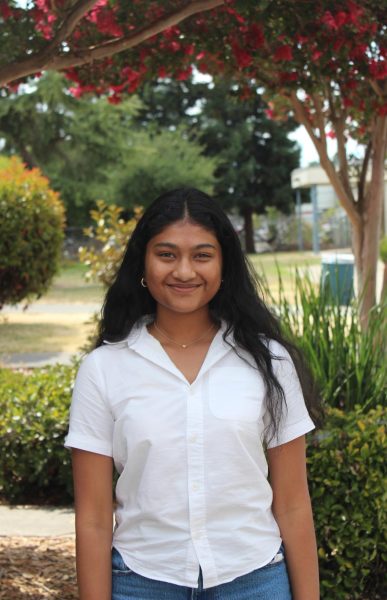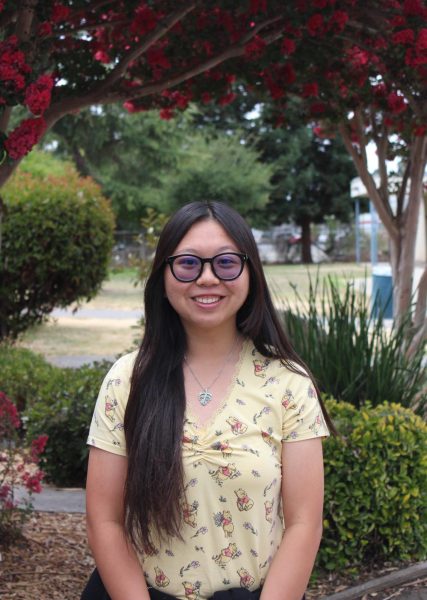As part of the ongoing negotiations, the Fremont Unified District Teachers Association (FUDTA) and the Fremont Unified School District (FUSD) met for the 27th time on December 13th, 2024 for a pre-mediation negotiations session. Both parties were scheduled to enter mediation on December 16th and 17th and met with a third-party mediator on January 16th. This is per the jointly-declared impasse from November of 2024, for which a neutral mediator is chosen from the Public Employment Relations Board to facilitate discussions. In this case, an accounting firm has been chosen to mediate the conflict.
The lack of healthcare benefits for union employees remains the largest issue between FUDTA and FUSD. In the 1990s, teachers traded away healthcare benefits for a salary increase. However, thirty-five years later, that decision stands obsolete as insurance costs and inflation have outpaced salary increases. “The decision to trade benefits for salary happened before I was born. It’s really difficult to afford healthcare as a single, early-career teacher,” explains Ms. Ferrer, an English teacher. “We’re earning the lowest salaries we’ll ever make, and the cost of healthcare keeps rising.” Many teachers are paying upwards of $500 to $600 a month for insurance plans with limited coverage—around $50 to $60 for dental expenses, for example.
Teachers hope to reduce class sizes and increase pay by $1000 a year to go towards healthcare. For teachers like Ms. Luna, that number is the base. “I myself pay over $1,000 a month for my health insurance,” she explains. “Even if this covers me, it doesn’t include my family. I have to have the highest amount of health insurance because I’m a cancer survivor.”
Prior to teachers striking, they may choose to perform tasks only within their contractual obligations, or work-to-rule. Several teachers have begun to not write recommendation letters, or restrict them to a few. “We’re only legally required to be here at certain hours of the day, and lunch is duty-free,” explains Mr. Anya. “Recommendation letters are the same because they’re outside our contractual workday.”
FUSD argues that the school lacks the authority to use the money for raises or healthcare as many funds are controlled by the state or placed in emergency reserves. By state law, school districts are required to keep a minimum of 2% of their expenditure for “emergency funds.” FUSD has allocated 3%, 1% over the required minimum, towards this fund. As per FUSD’s internal school board policy, 3% is the required minimum.
Many teachers believe in the merit of keeping 3% of expenditures for the emergency fund. However, FUDTA believes that FUSD is holding far more than 3% towards that fund. The district wants to keep more money in the bank account in case of a ‘rainy day,’ acknowledges Ms.Chung, a union representative for Irvington High School. “But when we had the recession—it wasn’t considered a rainy day then. Then we had the pandemic, and even that wasn’t a rainy day. I don’t know what the district’s definition of a ‘rainy day’ is.”
As negotiations finish, there are hopes on both sides that a contract will be reached that addresses FUSD’s budget issues and FUDSA’s pay concerns. If the negotiation step fails, fact-finding would come next—the penultimate step before a strike.





